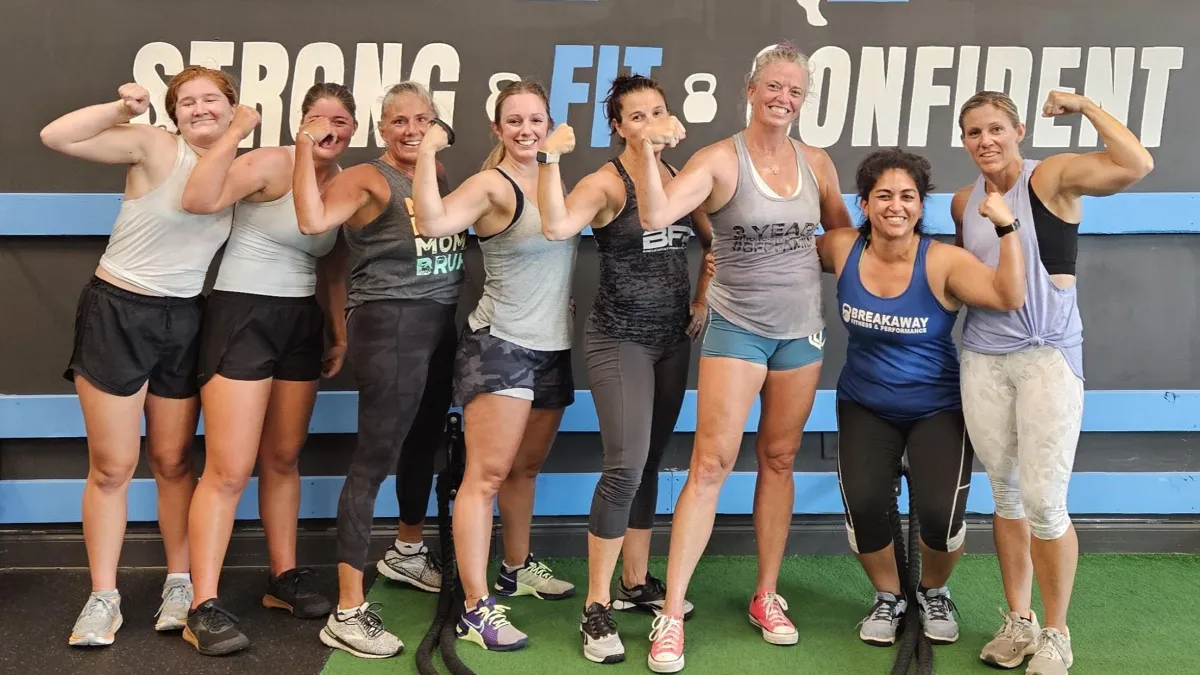WEIGHT LOSS & FITNESS BLOG

Hydration and Performance: Beat The Heat
It’s summer time and it’s North Carolina! Muggy, heavy, humid air…Whew, I feel like I lose 5 lbs in sweat, just walking the dog. Well, it can be tough on athletes, who practice/play outside because hydration levels can change very quickly. Hydration can play an important role in optimal performance during competition, practice or training. Not only do we need to hydrate adequately during exercise, but we need to address pre and post exercise hydration as well. Remember that proper hydration is also vital for recovery, so please be aware that we need to stay hydrated all the time!
Hydration needs can vary from athlete to athlete based on factors such as environmental conditions, age of the athlete, and type of training. Dehydration provokes changes in blood volume, which can affect cardiovascular, thermoregulatory (core temperature), metabolic, and central nervous function. Ever feel “out of it” during a training session? Well, you could be dehydrated. Weight loss greater than 1 percent can adversely affect performance, and weight loss of 3 percent of bodyweight or more after activity greatly increases the risk of heat illnesses (heat cramps, heat exhaustion, and heat stroke). These are things we want to avoid!
Properly being hydrated is an important aspect of training and should be noted in the training program. As a strength coach, I want to educate my athletes and have them be aware of the signs and symptoms of dehydration. Here are two easy methods for measuring hydration levels in an athlete that are practical and easy to do.
First method is to measure body weight before and after exercise. When monitoring bodyweight, it is important to be consistent with several factors such as the clothes you wear, time of day, and having a precisely calibrated scale. I recommend to have athletes wear minimal clothes as this will minimize added weight from absorbed moisture. This method does not take much time and can help determine how much water weight has been lost through sweat.
In addition to recording bodyweight, hydration levels can be monitored by observation of urine color. So, the second method is simple and can be administered by the athletes themselves. When hydrated, urine color will appear clear or lightly yellowed. Dehydration can cause a change in color, an athlete’s urine color will become dark yellow or even brown. The darker, more concentrated the urine appears the more the athlete is dehydrated. We must keep in mind that certain vitamins, minerals, and supplements can also affect the color of urine, and this is completely normal as the kidneys filter out these substances. One of the more common examples is high doses of vitamin B which can cause our urine to appear neon yellow. Another common example is vitamin C, riboflavin, and supplements that contain carotene, which can also produce dark yellow to orange urine. Just be aware of what you ate or drank prior to this test, as to these may be a cause for urine color.
HERE ARE SOME SYMPTOMS OF DEHYDRATION:
Thirst
Irritability
Headaches
Weakness
Dizziness
Cramps
Nausea
Decreased performance
Recognizing these basic signs of dehydration before, during, and after bouts of activity are important to prevent illness.
Follow these guidelines provided from the NSCA to help prevent possible heat and hydration related illnesses.
BEFORE EXERCISE
Fluids should be consumed several hours before exercise or competition to allow for proper absorption in the body. About two to three hours before exercise, athletes should drink 17 to 20 oz of water. Then, again, 10 to 20 min before exercise, athletes should drink another 7 to 10 oz of water.
DURING EXERCISE
Drink 7 to 10 oz of water every 10 to 20 min. Drink beyond your thirst, remember if you are feeling thirsty, you are already dehydrated. It is important for an athlete to include these fluid replacement habits into their regular training to build up tolerance to this amount of water. Some athletes have trouble consuming fluids during activity, so becoming accustomed to regular fluid intake can be difficult.
AFTER EXERCISE
Individuals should drink approximately 16 to 20 oz of water or sports drink per pound of weight loss within two hours of exercise or competition. Athletes should drink enough water to replace any weight loss from exercise. A good rule to help remember is, every pound lost replace with a pint (1 pint = 16oz). Water is recommended for shorter bouts of normal exercise since it is unlikely that your body’s electrolyte stores have been depleted to a level where a sports drink is necessary. Sports drinks containing electrolytes may be necessary after prolonged bouts of exercises due to loss of sodium, potassium, and magnesium, which can contribute to muscle cramps. Events such as a marathon, triathlon, ironman, or any event that last longer than 3-5 hours will require electrolyte replacement.
Remember, the hard work and training will be compromised if dehydration and heat illness occur. Like many things, education and prevention is the key for combating dehydration. Now go get your sweat on!
Strength Coach,
Silas Perreault
Resources:
Larkin, Scott. Beat the Heat-Combat Dehydration.


Are you Ready to become
sTRONG - FIT - cONFIDENT?
Click the Button To Start Your Journey Today!!


